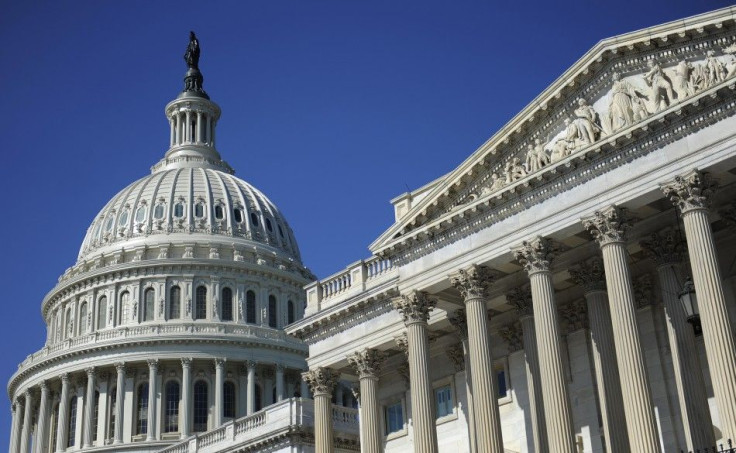US Economic Outlook 2013 Heading Off 'Fiscal Cliff’

The U.S. economic outlook for next year is being shadowed by what economists are calling the fiscal cliff of 2013 -- the expiration of enormous tax cuts and transfer payments.
These fiscal stimulus measures -- including the Bush-era tax cuts, the 2010-2011 payroll tax cut and extended unemployment insurance benefits -- will expire at the beginning of 2013 unless Washington renews them. They amount to about 5 percent of the U.S. gross domestic product, according to calculations from Morgan Stanley. Taxes imposed by the Obamacare reforms will add to the fiscal punch.
While no one expects Washington to let every single one of these measures to expire in 2013, the fear is that a significant number of them will.
In a worst-case scenario, the presidential and congressional elections produce such a fierce deadlock that Washington lets most of them expire. David Greenlaw, an economist with Morgan Stanley, thinks there is a non-zero probability of this happening.
The last time the U.S. faced a fiscal cliff close to 5 percent of GDP was in 1969. Before the fiscal contractions set in that year, the real economy was expanding at an annual pace of 5 percent and the unemployment rate was below 4 percent.
By the end of 1969, however, the economy had entered a recession.
Morgan Stanley's central case for 2012, however, is not quite as alarming; economists at the Wall Street firm expect Washington to let expire fiscal stimulus measures that will shave off about one percentage point from the GDP growth rate in 2013.
But whatever ultimately happens, the uncertainty leading up to the resolution will likely keep investors and businesses on edge for the remainder of 2012, as they were during the debt ceiling debacle in mid-2011.
David Wessel, a columnist with the Wall Street Journal, warned that the stock and bond markets, which so far have ignored the 2013 fiscal cliff, will someday take notice of its dangers.
Mario Gabelli, CEO of Gamco Investors, told Bloomberg News that investors are likely to start thinking about it -- and other uncertainties such as U.S. monetary policy and the euro zone debt crisis -- in the next two to three months.
© Copyright IBTimes 2024. All rights reserved.











